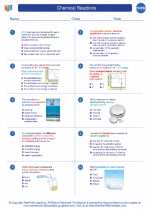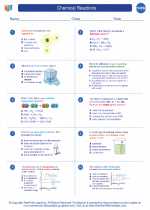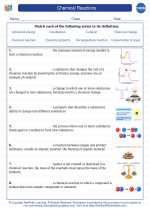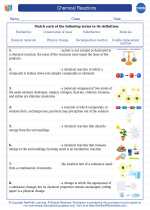Potential Treatments in Chemistry
Potential treatments in chemistry refer to the exploration of various compounds and substances that have the potential to be used for therapeutic purposes. This can include the development of new drugs, the study of natural compounds for medicinal properties, and the investigation of chemical reactions that can be used to treat various ailments. Here are some key points to consider when studying potential treatments in chemistry:
Understanding Chemical Compounds
Chemists study the structure and properties of various chemical compounds to understand their potential for use in treatments. This includes the examination of molecular structures, chemical bonding, and reactivity of compounds.
Drug Development
One important aspect of potential treatments in chemistry is the development of new drugs. Chemists work to design and synthesize compounds that can target specific biological pathways or processes to treat diseases and medical conditions.
Natural Compounds
Many potential treatments are derived from natural compounds found in plants, fungi, and other organisms. Chemists study these natural products to understand their medicinal properties and to develop new treatments based on their chemical structures.
Chemical Reactions in the Body
Chemical reactions play a crucial role in the functioning of the human body and the development of diseases. Chemists study these reactions to identify potential targets for treatment and to develop chemical compounds that can modulate these reactions.
Study Guide for Potential Treatments in Chemistry
When studying potential treatments in chemistry, it is important to focus on the following areas:
- Basic principles of organic and medicinal chemistry
- Structure-activity relationships in drug design
- Methods of chemical synthesis and analysis
- Biological pathways and mechanisms of disease
- Current research and developments in the field of medicinal chemistry
By gaining a strong understanding of these areas, students can develop the knowledge and skills necessary to contribute to the development of potential treatments in chemistry.
.◂Chemistry Worksheets and Study Guides High School. Chemical Reactions

 Worksheet/Answer key
Worksheet/Answer key
 Worksheet/Answer key
Worksheet/Answer key
 Worksheet/Answer key
Worksheet/Answer key
 Worksheet/Answer key
Worksheet/Answer key
 Worksheet/Answer key
Worksheet/Answer key
 Vocabulary/Answer key
Vocabulary/Answer key
 Vocabulary/Answer key
Vocabulary/Answer key
 Vocabulary/Answer key
Vocabulary/Answer key
